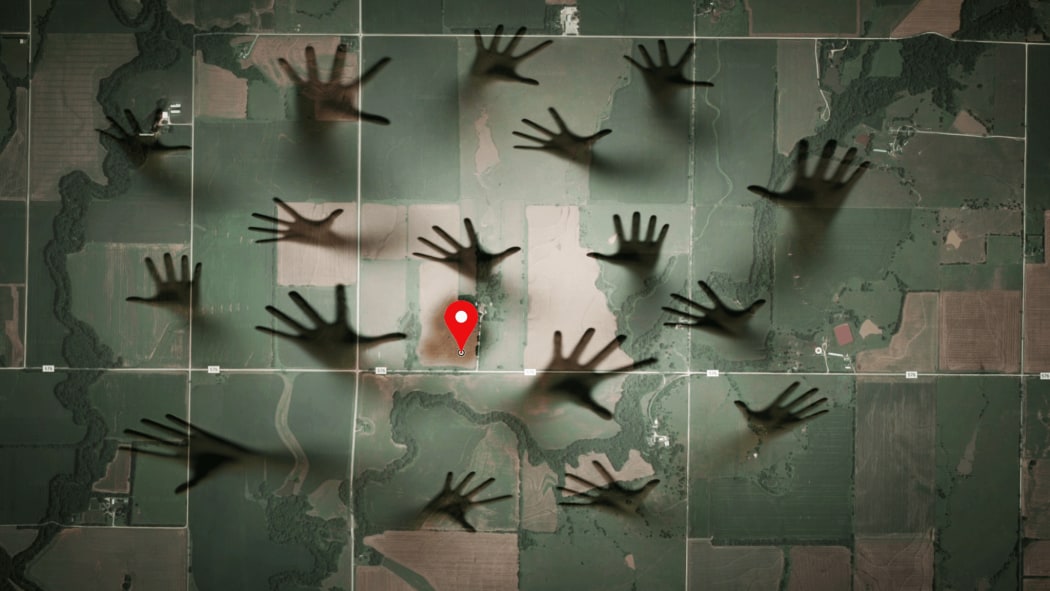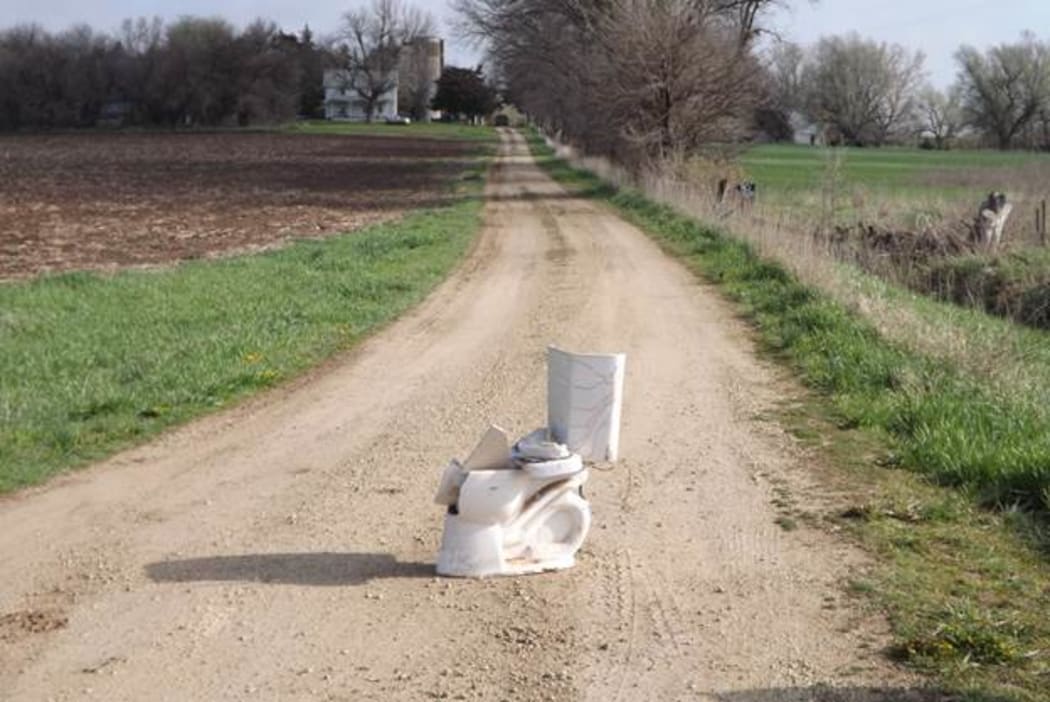'Privacy pragmatist' Kashmir Hill recently uncovered a digital horror story that's about location, location, location.

Photo: (Elana Scotti with permission of Kashmir Hill, Fusion)
There's money in being able to tell where someone is when they use an internet-enabled device like a smartphone. Just think of the targeted advertising opportunities when someone can tell that you are walking past a certain shop, or a cafe at lunchtime - fancy a cheap muffin?!
So businesses have grown up to sell information about the whereabouts of all those digital devices. These IP address mapping services look at the digital address a device needs to connect to the network and tries to work out where it's being used.
Now, this isn't always a perfect science. Sometimes mapping companies can only tell you are in Auckland, or the North Island, or just that you're in New Zealand. So they come up with a default address to capture this information on their databases. Back in the early 2000s when some of these default addresses were being set people didn't foresee the proliferation of IP addresses and digital devices. So some odd and unfortunate decisions were made.
That's where 82-year old Joyce Taylor from Kansas - and her tenants the Arnolds - enter the scene. Because unfortunately for them, a major mapping company had designated their remote rural property as its default address for the entire US. Fast-forward to today and it looks as though over 600 million digital devices are being operated from that one single address. That's causing Joyce and the Arnolds a whole heap of problems, including baseless accusations of hacking, identity theft, tax fraud, and far, far worse.
"38°N 97°W - there are now over 600 million IP addresses associated with that default coordinate... which happens to be in the front yard of Joyce Taylor's house."
Read Kashmir Hill's full story on fusion.net

"At one point, someone left a toilet in their driveway as some kind of strange, ambiguous threat." Photo: Fusion/Kashmir Hill

